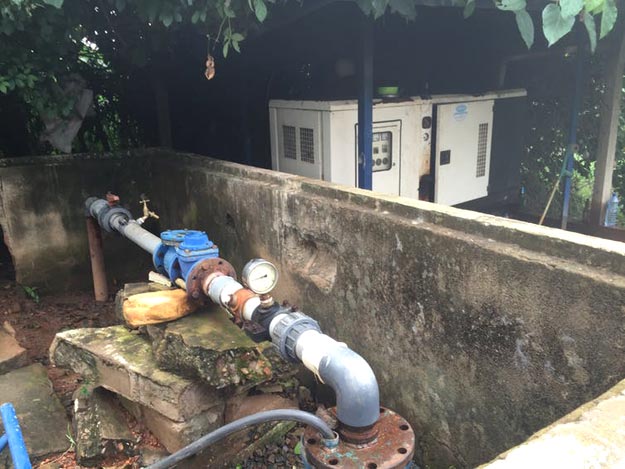 “From a strong field of eminent candidates, the international Jury for the ICID World Irrigation and Drainage Prize 2013, chaired by President Honoraire Mr Peter Lee, with members drawn from FAO, IWMI and ICID has adjudged Prof. Victor A. Dukhovny as the winner of the First World Irrigation and Drainage Prize 2013 in recognition of his outstanding contributions to the development of agriculture water management made over 57 years.
“From a strong field of eminent candidates, the international Jury for the ICID World Irrigation and Drainage Prize 2013, chaired by President Honoraire Mr Peter Lee, with members drawn from FAO, IWMI and ICID has adjudged Prof. Victor A. Dukhovny as the winner of the First World Irrigation and Drainage Prize 2013 in recognition of his outstanding contributions to the development of agriculture water management made over 57 years.
An eminent researcher, academician, engineer and administrator in the Irrigation and Drainage Sector, Prof. Dr. Dukhovny is known for his vision, knowledge,extensive experience, dedication, andunwavering commitment to land and water productivity improvements for agriculture and to achieving food and water security. Prof. Dukhovny is an ardent advocate of the benefits of water sharing for peace, human security and economic prosperity.
The first part of Dr Dukhovny’s career was notable for his leadership of the construction and development of irrigation over 700,000 ha of the Central Asian steppes encompassing best practice at the time, and incorporating several innovations in drainage technology as well as irrigation, which were the result of his field research. Read more











